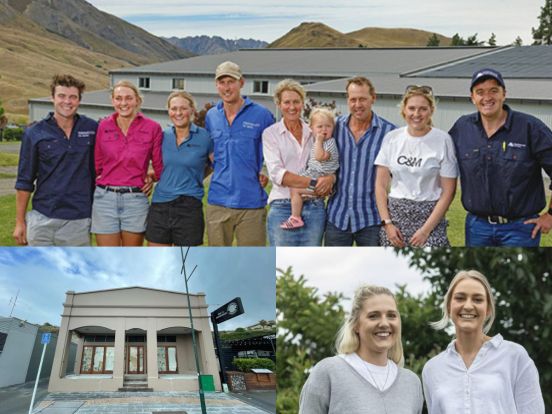By Julie White, CEO of Hospitality New Zealand
Eternal optimism kept the hospitality and accommodation sectors going through the Covid period. Each corner might be the last one. It never was.
Just when it seems we had indeed turned the last Covid corner, we find ourselves in a year that could be just as bad as those we’ve faced since 2020.
The Covid impacts on supply chains and labour shortages continue. But now we are faced with worsening cost of living caused by rising fuel costs, wages, and interest rates, and catastrophic weather.
Some of this is global, but much is not, which means the Government has a big role to play in how we come out the other end.
Though the Government has talked about the team of five million, many have been in different wakas, and some haven’t weathered the storm. The hospitality waka has stayed afloat only out of sheer stubbornness and inventiveness.
The Government needs to steady the ships by building back certainty and prioritising the economy. This will be a hard job, made tougher by changes in leadership and Cabinet portfolios following Jacinda Ardern’s resignation.
This year, the Government’s job is to intelligently help us navigate the soaring cost of living.
The key is targeted spending and giving industry the incentives and tools to make a difference. For example, tax credits to encourage corporates to invest in critical areas such as employer-led workforce training and development to produce more work-ready employees.
The major obstacle is the Government’s role in workforce planning and management. The hospitality and accommodation workforce is rapidly shrinking, and this could continue for several more years.
The aging population and declining birth rate will make us even more reliant on immigration. The highest-ever school truancy rates will mean fewer work-ready young people enter the workforce.
In this context, is the Government helping when it regulates employment relations, or should the market dictate what happens?
The answer is no, because it has unbalanced objectives. The Government is not an operational expert, so regulation must be led by industry to ensure it’s fit for purpose and light on compliance costs. We think the industry can and should take ownership of these workforce issues because they can adjust to them in a way that keeps business going.
It’s not the Government’s fault there’s a global labour shortage, but it’s their responsibility to establish settings in line with what’s practical, and that’s what we need to see in 2023.
This will be a huge year for the sector, and imposing additional burdens of fair pay, alcohol reform and gaming changes is a lot to ask from an industry that still has deep Covid scars.
There is opportunity for green shoots of business activity and growth. Getting inflation under control will boost the confidence that makes them sprout.








